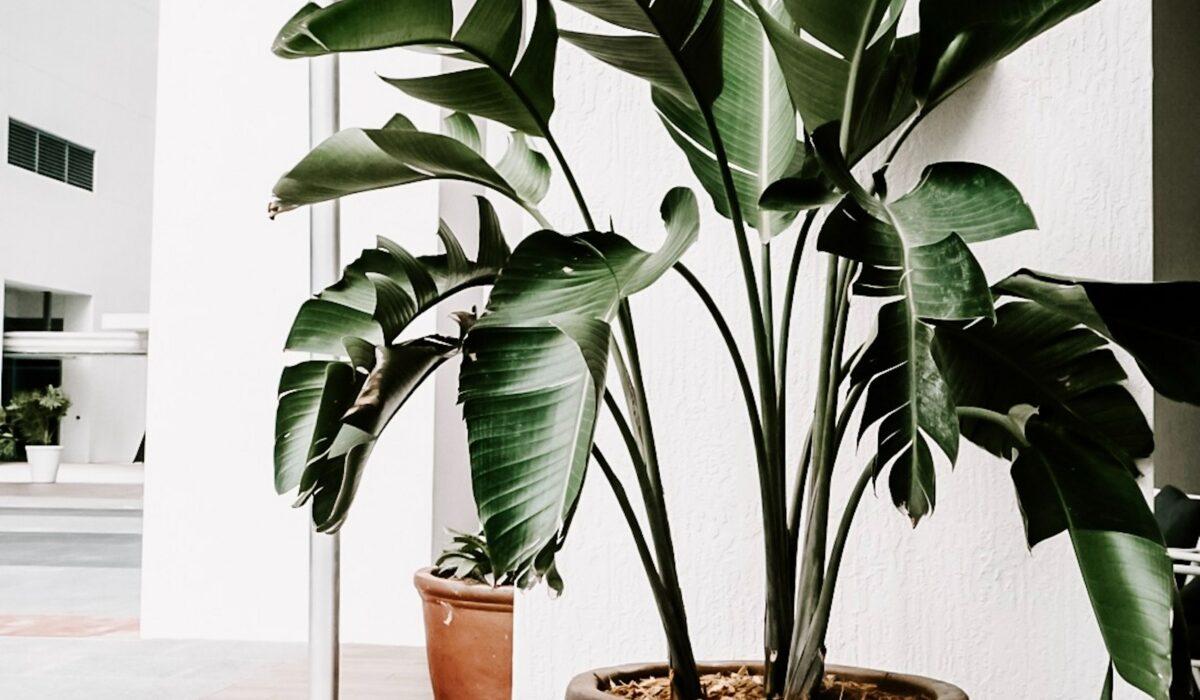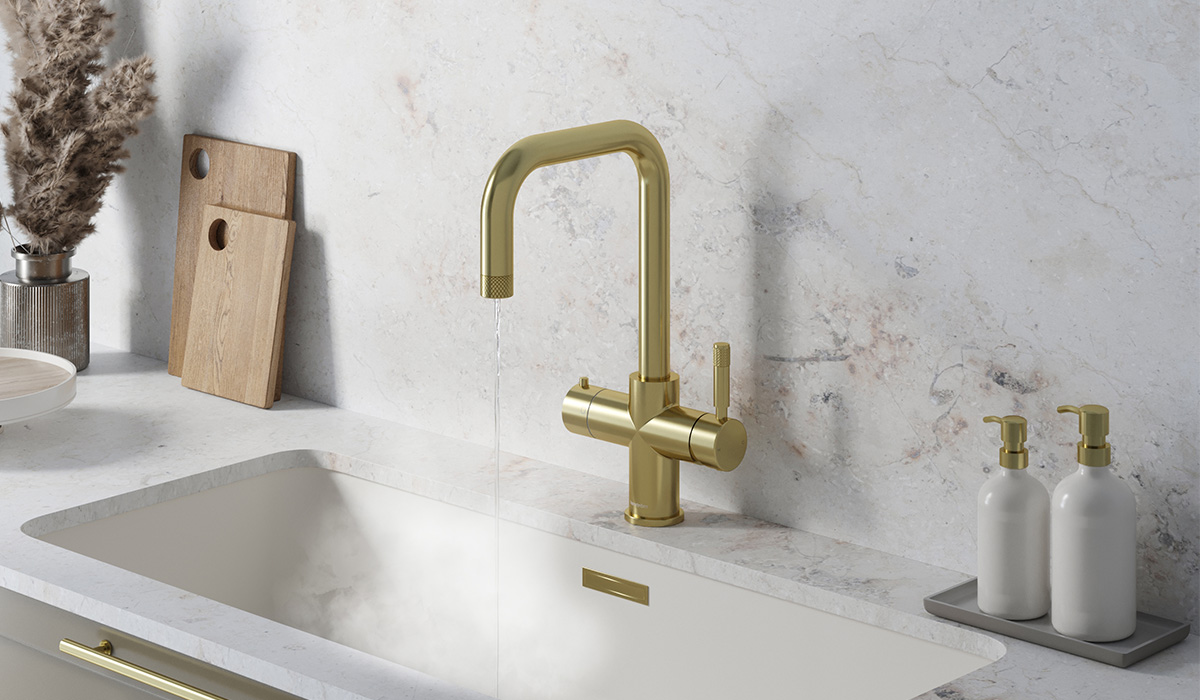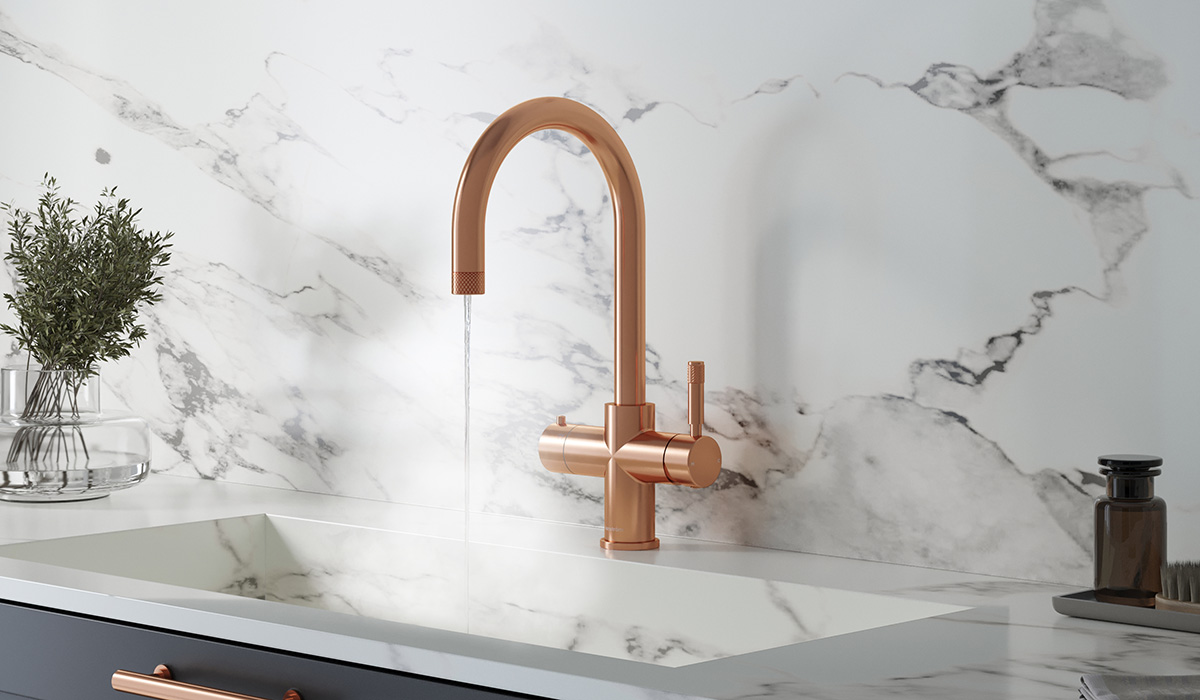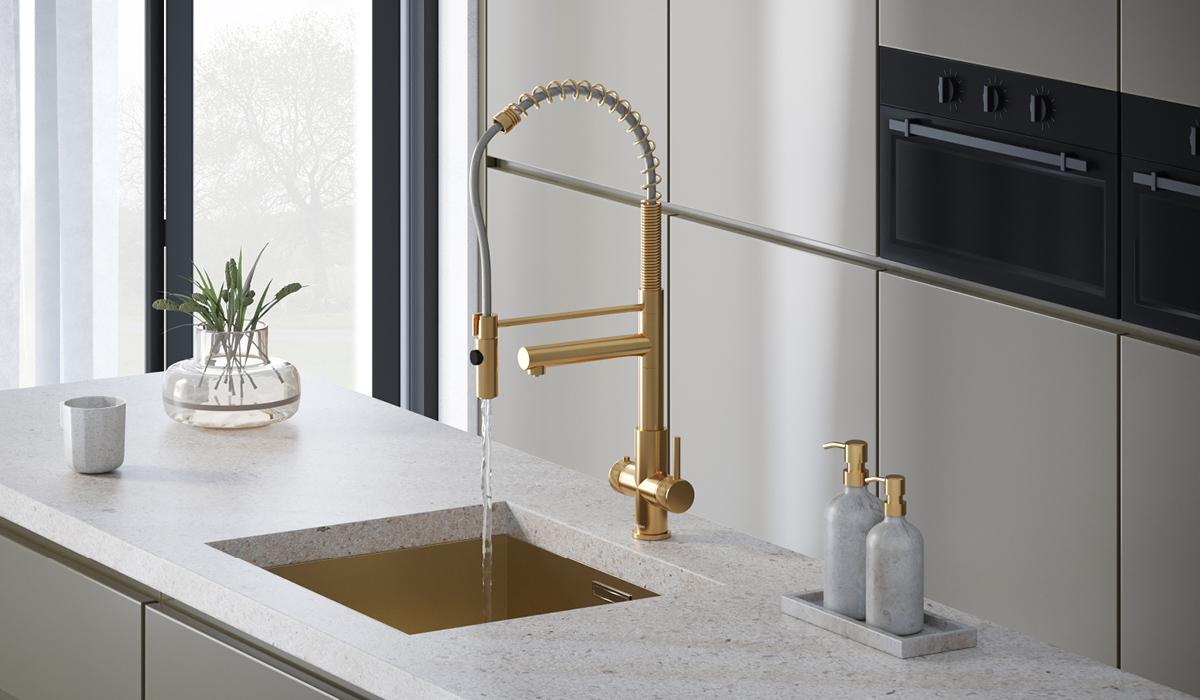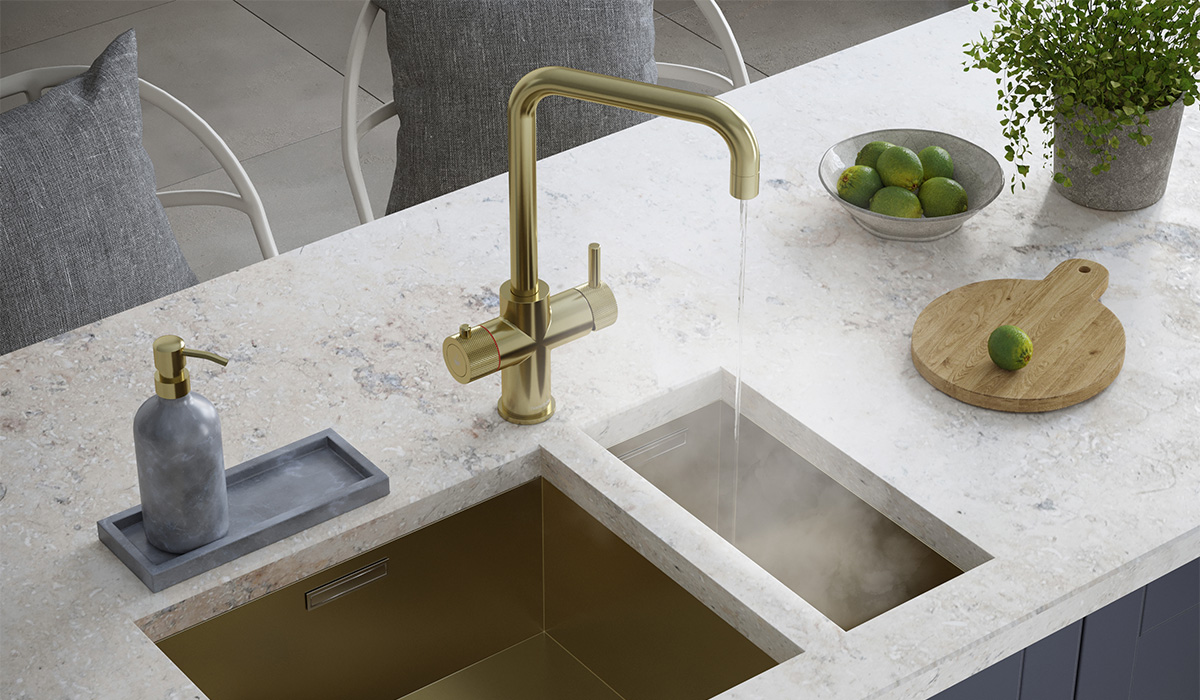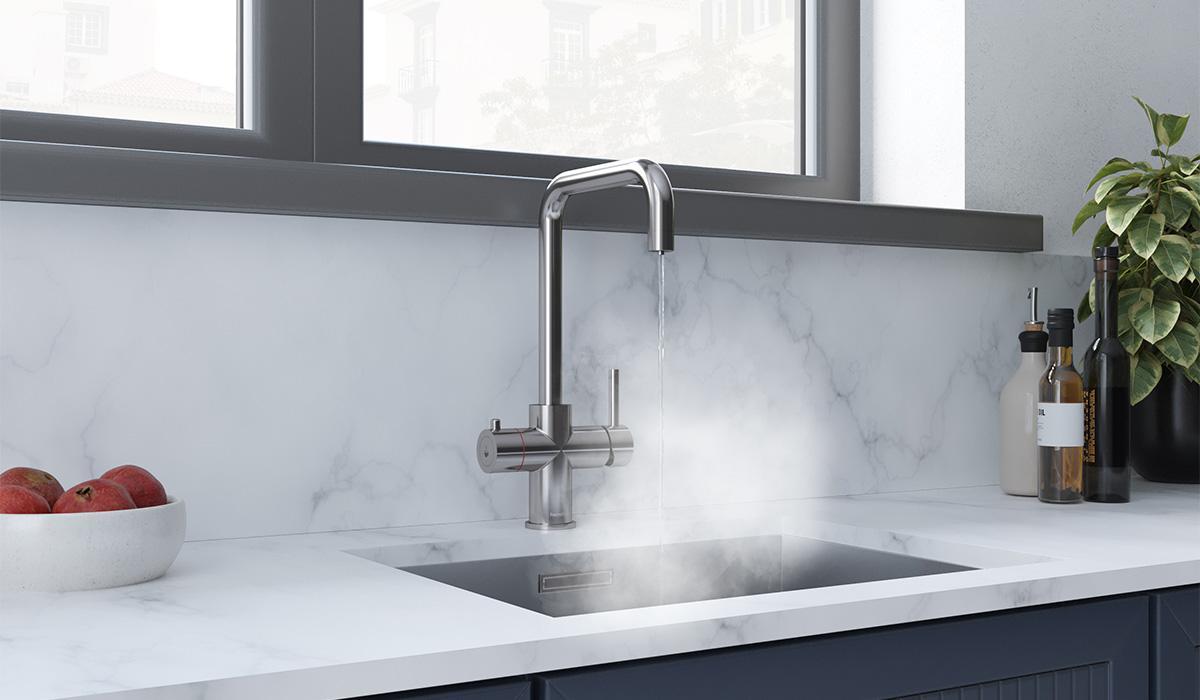We’ve all been there – you lovingly water your houseplants with tap water, only to discover yellowing leaves or stunted growth. But what if we told you there’s a simple solution to this common problem? That’s right – boiling your tap water could be the secret to well-hydrated and healthier plants! Many of us are unaware of the benefits boiling tap water can bring to both our lives and our leafy companions.
In this blog post, we’ll dive into the advantages of using pre-boiled tap water when watering your plants, including improved plant health and reduced risks from those sneaky, unseen minerals.
Are chemicals in tap water bad for your plants?
Tap water is full of various chemical compounds, such as minerals, chlorine, and fluoride. While these are essential for us humans, they might not be the best for our green friends. Minerals typically don’t harm plants in small quantities, but chlorine and fluoride can potentially damage roots and leaves. This can lead to browning or yellowing foliage and stunted growth.
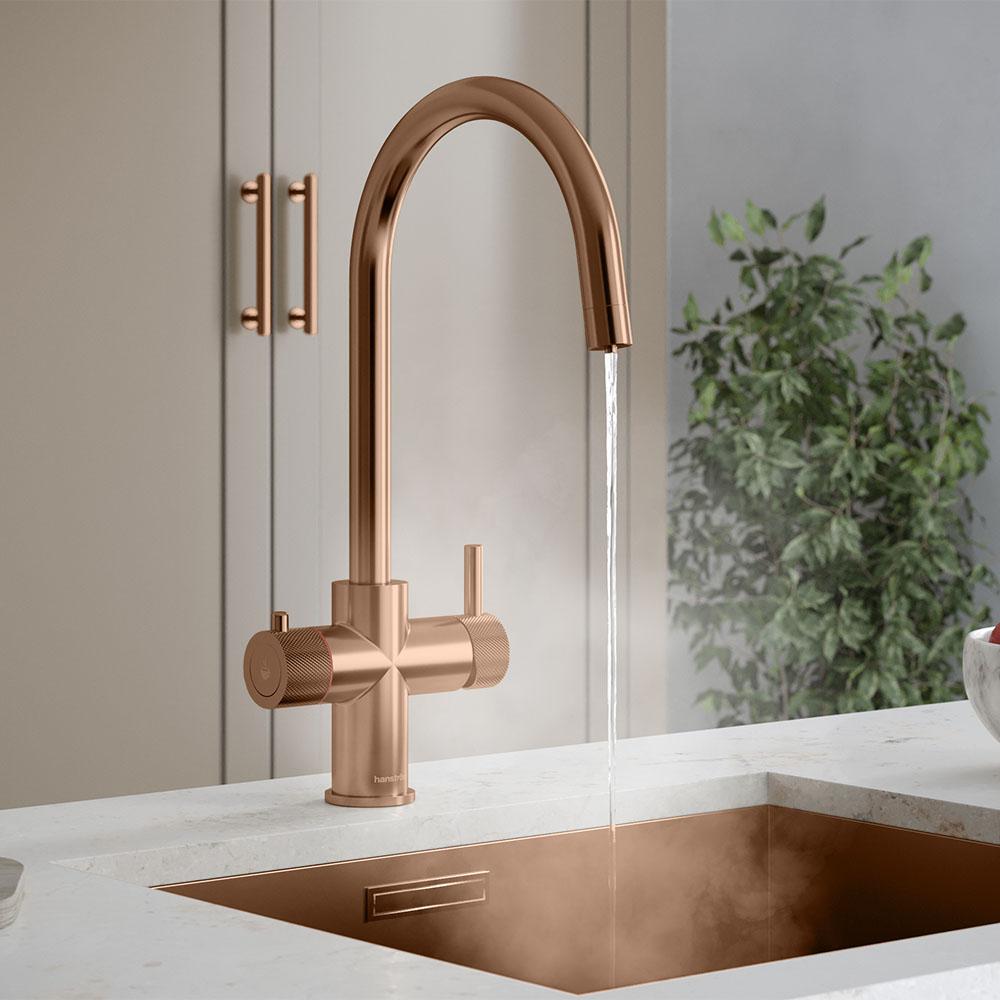
Does boiling water purify it?
Boiling water is a pretty effective way to get rid of most chemicals and contaminants, especially when you’re growing plants or crops. By boiling the water, some compounds are denatured, making them harmless. This purification process is called distillation. Here’s how it works:
- Boil the contaminated or polluted water
- As the water evaporates, it leaves behind all the nasty bits in the liquid
- Collect the cleaner water after evaporation
Not only does boiling water remove impurities, but it also kills off any pathogens that could harm humans or animals if consumed. So, by boiling already distilled water, you’re increasing its purity even more, creating a safe and happy environment for your indoor and outdoor plants to flourish.
Why you should never pour hot boiling water directly onto your plants
Growing a garden is super rewarding and fun, but there are some things to watch out for if you want your plants to thrive. One of the big no-nos is pouring hot boiling water straight onto your plants. Here’s why:
- Boiling water can burn plant roots, leaves, and other parts
- It can cause serious tissue damage, and in some cases, even kill the plant
To keep your plants in tip-top shape, always check the water temperature before giving them a drink. Stick to lukewarm water, as it’s much gentler on delicate petals and foliage. And don’t forget to:
- Avoid overwatering, which can lead to root rot
- Find the right balance to keep your plants happy and healthy
Does it make a difference if it’s a potted plant?
Choosing the right water for your plants is crucial, and it’s even more important when you’re dealing with potted plants. These plants can be extra sensitive to certain types of water, especially if it contains high levels of chemicals like chlorine and fluoride, which are often found in tap water. That’s where boiled and cooled water comes in handy:
- It’s free of most pollutants
- It’s great for both houseplants and garden plants
- It helps reduce salt build-up in the soil, which naturally occurs with regular watering
So, if you want to keep your potted plants healthy and happy, cooled boiled water is definitely worth a shot!
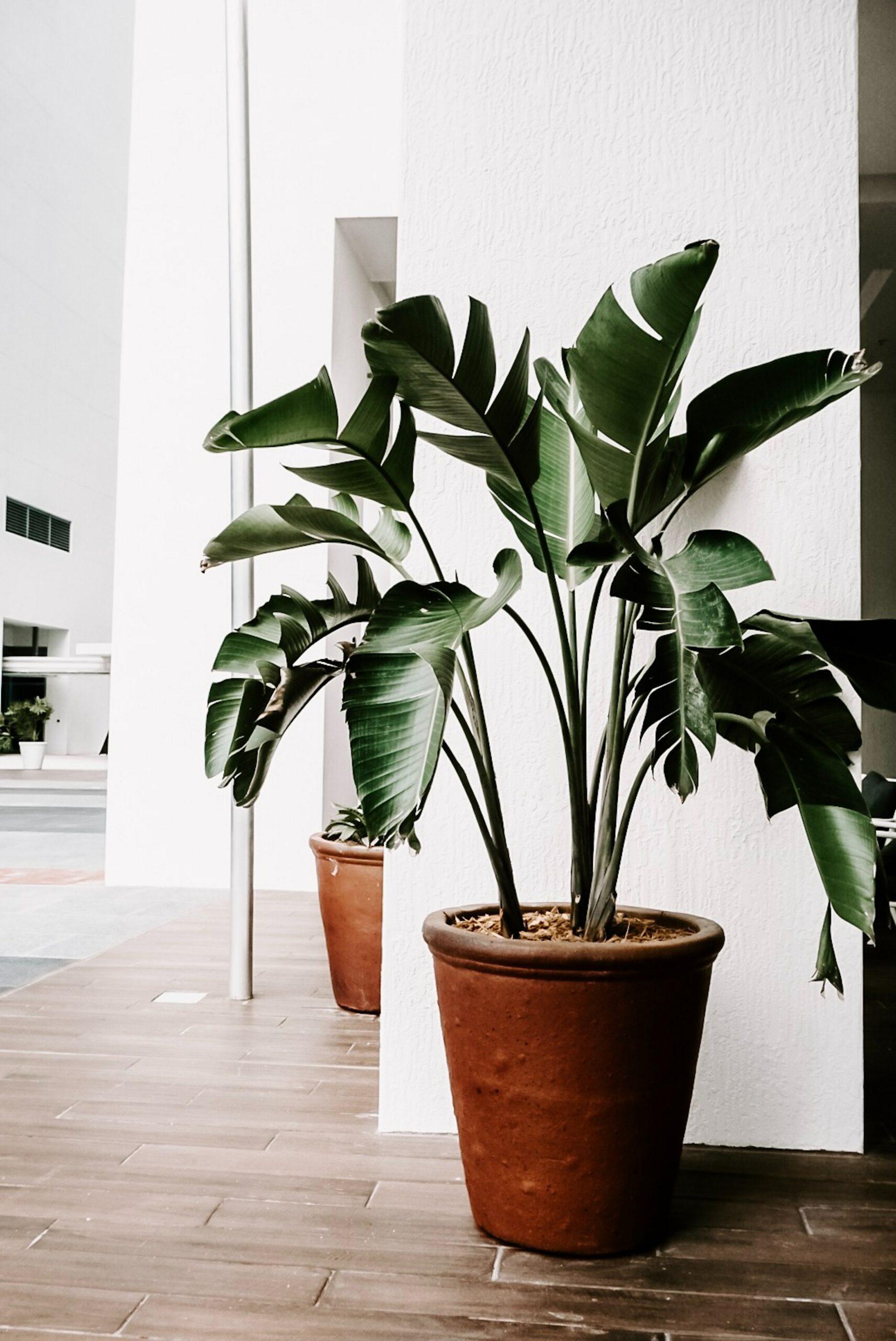
Plants that are sensitive to tap water
Calathea, Maranta, and Ctenanthe plants are known for their stunning foliage, adding a pop of colour wherever they grow. But they can be quite delicate and require special care due to their sensitivity to tap water. Minerals and pollutants in tap water can be tough on these plants, leading to poor health or even death.
To give your Calathea, Maranta, and Ctenanthe the best chance of survival, always use rainwater or filtered water. Outdoor plants that are also sensitive to tap water chemicals include:
- Certain types of ferns
- Hydrangeas
- Gardenias
- Roses
By using the right water for these sensitive plants, you’ll help them thrive and show off their gorgeous colours.
Soft vs hard water
Water hardness, or the amount of minerals in water, is measured in grains per gallon of calcium carbonate. Soft water has most or all of its minerals removed through ion exchange or reverse osmosis. It’s called “soft” because it lacks calcium or magnesium ions that make water harder.
People often prefer soft water in homes because it:
- Reduces staining on dishes and clothes
- Prevents pipes from clogging up with mineral deposits
- Doesn’t leave soap scum when mixed with soaps and detergents
Hard water, however, contains higher levels of calcium and magnesium ions. While not ideal for laundry or keeping pipes clean, it provides beneficial minerals like calcium and magnesium that can be good for your health when consumed in moderation. Learn more about water hardness here.
Why rainwater is the best for your plants
Why rainwater is the best for your plants
Rainwater offers several benefits for healthy plant growth:
- It’s chemical-free and chlorine-free
- Contains naturally occurring minerals and trace elements
- Highly oxygenated and the same temperature as the plants’ environment
- Creates favourable conditions for root microbes to strengthen plants
Rainwater is especially great for vegetable gardens, as it provides proper nourishment and hydration without disrupting the soil’s pH balance. Using rainwater ensures your garden reaps all the benefits without any harmful chemicals.
Become the Perfect Plant Parent With a Boiling Water Tap
Elevate your gardening game and embrace modern convenience with a boiling water tap, the secret weapon for every plant enthusiast. Why waste time waiting for water to boil on the stove when you can have instant access to purified water at the perfect temperature? Our state-of-the-art boiling water taps not only streamline your plant care routine but also ensure your precious greenery gets the best possible nourishment. Experience the benefits firsthand:
- Easy access to purified, boiled water
- Avoid harmful chemicals found in regular tap water
- Save time and energy in your daily plant care routine
So why not join the ranks of happy plant parents who’ve discovered the wonders of boiling water taps? Make the switch today and watch your indoor and outdoor plants flourish like never before. Invest in a boiling water tap and become the ultimate plant parent your green friends deserve!
Read more about the benefits of boiling water taps, learn how a boiling water tap works or shop our full collection of taps.
Conclusion
Water plays a vital role in plant health, and understanding the different types – tap water, distilled water, purified water, soft water, and hard water – helps you make informed decisions for your specific situation.
Armed with this knowledge, you can create an ideal watering environment for your houseplants or garden plants, giving them the best chance of thriving.
